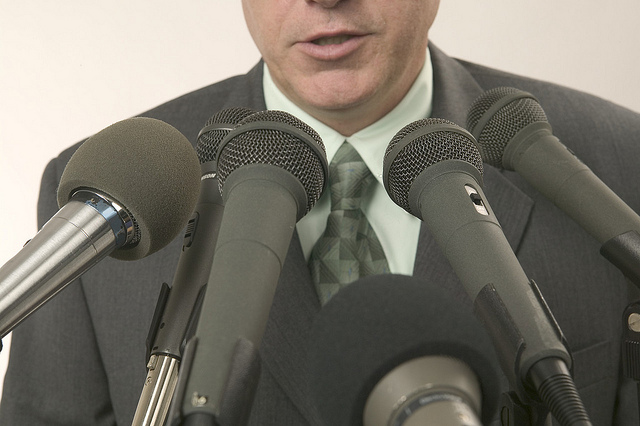
We have all grown up as Generation Y, a stretch of millennial birth dates that encompass all of us twenty-somethings. Though the label we bear as a tech-savvy and highly progressive generation has proved to be useful, our fast-paced, innovative status also poses some problems. Problems, surprisingly enough, that stem from our troubling oral communication skills.
The culprit of our diminishing oral skills can be found in patterned parts of our media-saturated routine. Consider the amount of time you spend online. Social networking and other cyber realms call for a different kind of language; one rarely deemed as professional. The temptation is real. We overuse the words “like” and “um,” as if they are natural terms embedded in our sentences.
Additionally, both in cyberspace and on texting machines the use of Short Message Service (SMS) is widely shared, although detrimental to our oral skills. Infamous acronyms such as LOL, OMG, and ILY are used to shorten messages, but only fuel clipped communication. Though these abbreviations prove to be useful in an effort to chat quickly, extensive use of SMS is taxing on our language overall. Most notably, using shorthand abbreviations ultimately permeates into oral communication. This reoccurring mistake unfortunately becomes habitual, which increases room for error when you’re intending to speak professionally.
How can we combat cyber jargon? Well, it just means that us millennial individuals need to work extra hard to evade the shorthand breeding in our Gen Y ground. Luckily, you can polish your public speaking etiquette:
Polish your script. Whether you’re working to persuade a crowd, leading classroom discussion, or embarking on an interview, you must have a tentative script in mind. Your speech needs to be polished, clean, and professional. You want to portray yourself as the intelligent twenty-something you are. Therefore, you cannot piece together a rough sketch in mind moments before you take the stage. Rather, be sure you craft your speech well in advance in preparation and omit the words “like,” “um,” and “uh.”
Practice your speech. Familiarity will aid you in delivering a fluid, convincing speech. You cannot succeed at swaying an audience if you forget what to say and when to say it. Your presence will lack great impact. Thus, practice and preparation is necessary in order to be an effective speaker.
Avoid filling awkward silences. Pausing is perfectly acceptable during speeches. It gives the audience a brief moment to absorb your pitch and information. Yet, don’t fill these pauses with “um,” “like,” “ah,” or “uh.” You will appear uncertain and uncomfortable. When you need a moment, pause, breathe, smile, and then continue.
Sway the crowd. You are leading the discussion. Be confident. Take charge of the audience by knowing what you’re talking about. Faltering may cause you to lose you rhythm, which may in turn trigger the word vomit of “um,” “uh,” “like,” etc. Keep reminding yourself you are the center of the room and hold your confidence steady.
Acronyms, social networking, and informal verbiage all play a role in how our oral communication skills progress. The most important thing to remember is that there’s a time and place for every kind of talk. Informal terminology is appropriate at home and with friends. Professionally, though, always be polished and well scripted!
